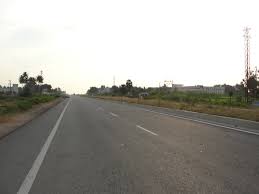Understanding the Macron Slap Incident: A Reflection on Political Tensions

Introduction
The slap incident involving French President Emmanuel Macron has ignited discussions on political civility and public sentiment in France. In an age where political leaders are held accountable for their actions, this event serves as a critical reflection on the escalating tensions between politicians and the electorate.
The Incident
The incident occurred during a recent official visit in June 2021 when a man approached President Macron while he was shaking hands with supporters. In a startling display, the individual slapped the president across the face. This act, captured on video and quickly disseminated across social media, raised numerous questions regarding the safety of political figures and the growing anti-establishment sentiment in France.
Context and Reactions
Macron’s slap came amidst rising dissatisfaction with governmental policies, particularly concerning economic reforms and handling the COVID-19 pandemic. The French president, who has faced protests ranging from the “Yellow Vest” movement to criticism regarding vaccine mandates, found this event both alarming and telling of the public frustration. In response to the incident, Macron and members of his administration condemned the act of violence, emphasizing that political discourse should remain civil and respectful.
Following the event, various political figures provided their thoughts. Opposition leaders used this moment to critique Macron’s leadership style, arguing that it exemplified a disconnect between the government and the general populace. Meanwhile, Macron’s allies voiced support and called for a united front against violence toward public officials.
Conclusion
The slap incident is a stark reminder of the fragility of political discourse in a tumultuous era. As France approaches future elections, the event underscores the necessity for leaders to engage more genuinely with citizens. Analysts predict that this incident may provoke an increase in political activism as citizens feel emboldened to express their dissent, potentially shaping the political landscape in the coming years. For voters, it raises crucial questions about the kind of leadership they desire and the level of accountability they expect from their elected officials.





